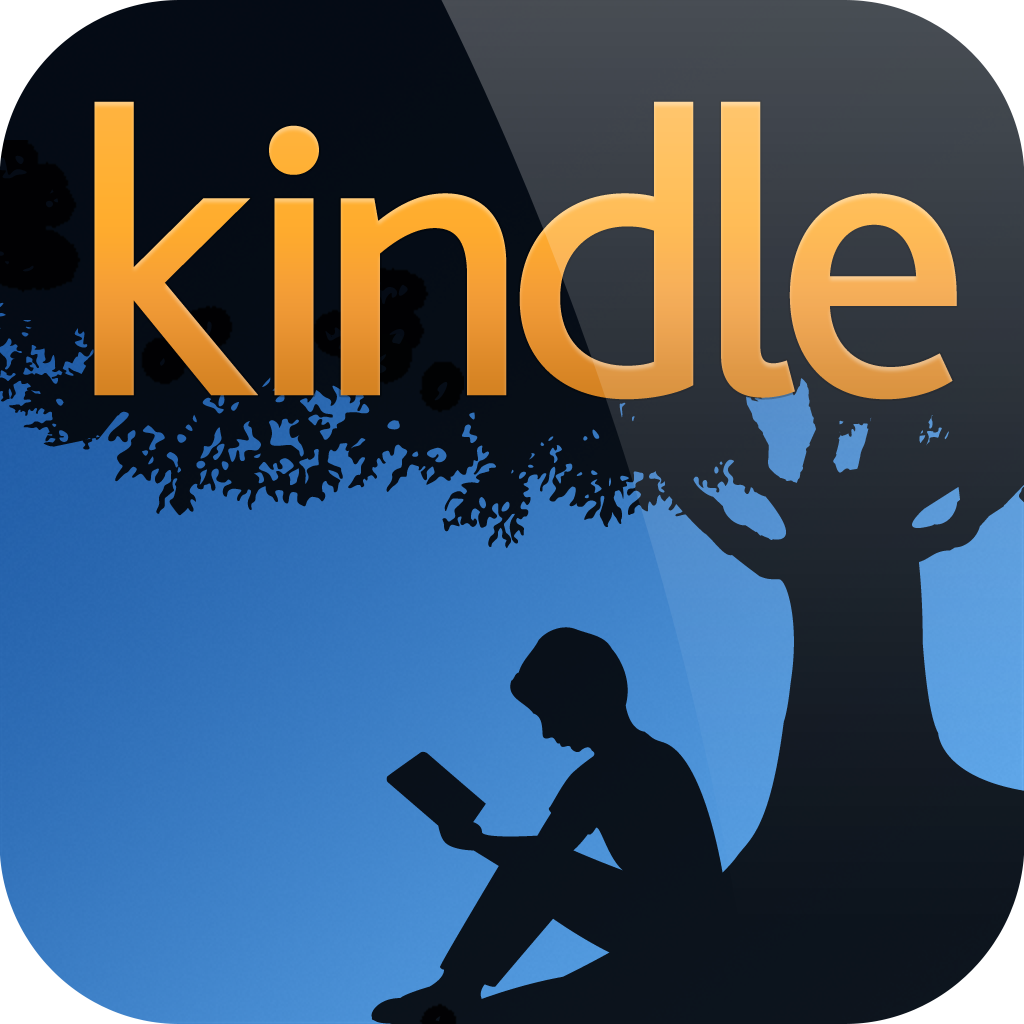
Apple’s Attempt To Siphon Off E-Book Revenues From Others Backfires
July 26, 2011
Before purchasing my first iPad in 2010, I didn’t read too often. When I did, I either bought a hardcover at my local Barnes & Noble or purchased an e-book on my first generation Kindle device.
Of course, like many, my reading habits changed a lot with the introduction of Apple’s tablet.
The Kindle app gave me access to those Amazon e-book titles I never had time to read previously. Plus, Apple’s own iBooks app made reading somehow a more enjoyable experience thanks to its amazing interface.
Finally, using the free Leatherbound app, I was able to compare e-book prices amongst Kindle, iBooks, and Barnes and Noble’s Nook app. Thus, at any given time, I was frequently reading books using one of three apps.
I also occasionally used the Google Books and Kobo e-book apps too, depending on the book and price.
In the last few days, however, Apple’s annoying new subscription model kicked in, which will likely change how I buy future e-books.
As a review, Apple’s new rules require app developers to utilize the company’s own iTunes payment system for in-app purchases.
Until this new rule, customers could use external links within each app to make new purchases. However, they are now gone.
To comply with the new rules, Apple gave the companies one of two choices.
First, they could keep their existing payment system as long as they used Apple’s system as well.
Second, e-book developers could eliminate their app’s external links and rely solely on Apple’s payment plan.
Now clearly Apple’s rules were implemented to siphon off sales from Amazon, Google, and the like.
Either choice (if you want to call them that) meant Apple would get 30 percent of each sale.
What Apple didn’t count on, however, was a third choice available to e-book app developers; eliminating the ability to make book purchases altogether from the apps.
Since last week, the Kobo, Kindle, and Google Books apps were updated without purchasing options. Barnes & Noble’s Nook reader, which is currently unavailable in the App Store, will return soon without this option as well.
Did Apple’s new rules benefit anyone?
It certainly didn’t benefit consumers who must now go back and forth between each e-book app and Mobile Safari to make new purchases.
Amazon and the other e-book developers have probably been hurt too. After all, some consumers might be so confused by the new rules they could stop making e-book purchases altogether.
However in my opinion, Apple is the biggest loser here.
Not only did the tech giant not get its 30 percent (which they didn’t deserve in the first place), but they upset a lot of customers in the process. And this reality could end up biting them in the future.
For my part, I’ve decided to forgo the iBooks app and instead use the Kindle or Nook apps for future e-book purchases.
Will Apple care about my choice? Absolutely not.
But, if others follow my lead perhaps Apple will finally recognize just how stupid their new rules actually are.
What to you think? Leave your comments below.





